Magazine
Men’s Grooming Guide for Winter

The wintertime is perhaps the most grueling season for your skin. It brings environmental changes that, when not combatted through your grooming routine, can cause damage to your skin.
Particle is here to help. Today we have compiled the ultimate men’s grooming guide for winter.
The Winter Effect
The winter season is often accompanied by changes in weather conditions, including a colder climate, harsh winds, and low humidity levels. Although these are very normal environmental changes for the wintertime, they can cause abnormal changes to the skin.
During the cold winter months, your skin has the potential to become increasingly drier. Your specific dry skin symptoms will vary depending on characteristics such as how old you are, where you live, and whether you have preexisting dry skin conditions — which by the way, may worsen during the winter.
However, generally speaking, your dry skin may feel tight, itchy, raw, and irritated. In extreme cases, dryness may lead to cracking and fine lines that form so deeply on the bleed or scar skin.
Other changes that you may notice in your skin during the wintertime are flaking, visible redness, a decrease in radiance, a rough texture, and a loss of moisture. Without a sufficient amount of moisture in your skin, it will not be able to protect itself from harm and will struggle to repair accrued damage.
Wintertime Tips
The alterations you make to your grooming routine during the wintertime do not need to be drastic or complicated to be effective. Here are some simple tips for keeping your skin healthy during the winter.
Exfoliate Less
Though not used by all, exfoliating is a method that is part of many men’s weekly skincare routines.
Exfoliation is a process used to remove dead skin cells, sebum, and bacteria built up on the outer layers of your skin. The benefits of exfoliating include preventing clogged pores, increasing blood circulation, and brightening your appearance.
There are two methods of exfoliation. The first is mechanical and involves using tools like brushes, gloves, and sponges to remove build-up from your epidermis. The second is chemical and uses a chemical solution to rid the outer layer of your skin of unwanted substances.
While effective, exfoliating can be strong and, in turn, harmful when done on unhealthy skin. Suppose the seasonal changes that accompany the winter season appear to be affecting your skin by triggering dry patches, redness, and flaky skin. In that case, it may be best to put off exfoliating until your skin shows improvement. You may also try using a very mild, gentle chemical exfoliant instead.
Keep Using Sunscreen
It might feel counterintuitive to use sunscreen when the sun isn’t out, but you should continue to apply your sunscreen every morning, even during the winter.
The function of sunscreen is to protect your skin from the ultraviolet light emitted by the sun. When repeatedly exposed to sunlight without protection, your skin may accrue damage that includes dark spots, dryness, and roughness.
This light can affect your skin even under conditions you might assume otherwise, like on overcast days or when you are indoors. Applying your sunscreen throughout the winter season is essential for protecting your skin’s moisture barrier.
If damaged, your skin’s health and hydration will be negatively affected, which your tender skin may not be able to afford during the already dry winter months.
You are welcome to use either a physical or chemical sunscreen every morning, but it is crucial that your product of choice has an SPF of at least 30 and is broad-spectrum, meaning that it protects you from both UVA and UVB rays.
Moisturize More
Moisturizer is another skincare product that you should be using every day but especially during the winter. Moisturizer reduces skin problems overall but will offer you direct support with warding off dryness during the coldest time of the year.
During the winter, your skin is under constant uncomplimentary conditions, therefore making it more sensitive to everything, even your cleanser. While your cleanser is crucial for keeping your skin clear of unwanted substances collected throughout the day and night, it may strip your skin of natural oils needed for locking in moisture and protecting your skin from external pollutants.
Applying moisturizer after your cleanser in the morning and before bed will help repair and strengthen your skin and its moisture barrier.
We recommend trying Particle Face Cream. This premium 6-in-1 cream specially engineered with men in mind is perfect for maintaining a handsome and healthy complexion. A few of the product’s many benefits include reducing the appearance of fine lines, dark spots and soothing the skin.
Perhaps the reason that Particle Face Cream is your skin’s best option for surviving the cold winter months is its ability to nourish and moisturize deeply but gently. Our product can do so thanks to its top ingredients, including jojoba oil, vitamin E, and allantoin. A full list of ingredients can be accessed here.
Use a Humidifier
During the winter, the air becomes drier and colder, and humidity levels drop. When indoors, your heating system — used to keep you warm — will cause a decrease in moisture.
When there is not enough moisture in the air, it will attempt to draw out moisture from other sources, including your skin. This means that your skin will not only be affected by the cold winter air but will also be actively losing moisture.
All together, these features can harm your skin. Without natural moisturizing agents in the air, there may be a reduction of sebum production in your skin, causing it to become dry, itchy, and red. Additionally, your skin will struggle to repair itself.
To avoid all of this, consider investing in a humidifier. Humidifiers emit moisture into the air and increase humidity levels. By keeping your humidifier in your home or place of work, you can improve the air quality and keep your skin protected during the winter season.
Prioritize Water
On the topic of using moisture in the skin to combat the dryness that typically accompanies the winter, part of successfully adjusting your grooming routine involves changing your diet.
Staying hydrated by drinking more water and consuming foods rich in water will assist with supporting your skin’s health. While the exact amount may vary from person to person, for men it is generally recommended to consume 15.5 cups of fluids a day.
Consuming even more than this during the winter when your skin needs additional hydration will ensure that you are protecting your moisture barrier. Instead of drinking even more fluids, you can accomplish this by making slight adjustments to your diet.
For instance, you can add more fruits and vegetables to your meals or, if you already eat a healthy amount of produce, swap them out for fruits and vegetables with even higher water content.
Examples of these water-rich foods include lettuce and watermelon. Lettuce has a water content of 96 percent. Eating a single cup of lettuce would be equal to drinking a little over a quarter cup of water. Watermelon has a water content level of 92 percent. Just one cup of watermelon contains over half a cup of water.
Shave Safely
A major aspect of every man’s grooming routine is shaving. Most men start shaving at a young age and, by adulthood, have it down-packed. Nevertheless, making some slight changes to how you shave during the winter when your skin is most sensitive can make a big difference in maintaining your skin’s health all year round.
Though it is recommended that you use quality tools and products every time you shave, this is even more important during the winter. Electric razors may be a better option than manual ones. While manual razors offer a closer shave, this may be dangerous during the winter when your skin is dry and could promote the growth of unwanted ingrown hairs.
It is also essential that your razor is sharp so that you can avoid having to shave over the same area twice. Shaving a spot that has already been touched by your razor increases your chances of developing razor burn and irritation.
When it comes time to shave, it is best to use a soaking technique to prepare your skin for contact with the blade.
Instead, soak your hair in both water and your shaving gel for a moment before using your razor. Although you may be tempted to use hot water during the cold winter season, lukewarm water is best. Lukewarm water does not strip away natural oils at the rapid pace that hot water does but will be warm enough to keep you comfortable and open up your hair follicles.
This goes for bathing and showering during the winter as well. Lukewarm water should be sufficient to open up your pores and provide you with a thorough cleanse but can decrease the chances of your skin drying out after a wash.
As you shave, allow your skin to sit naturally. Pulling back your skin for a so-called cleaner shave may lead to the remaining tips of hair shrinking into your skin and growing inwards instead of outwards as desired.
Rinse out your blade between every stroke and remember to replace it every five to seven uses to avoid using a dull tool.
Conclusion
A transition in climate can cause your skin to change for the worse if not tended to. Thankfully, caring for your skin, even during the frigid winter season, does not need to be difficult. It simply requires self-discipline.
Maintaining moisture and protecting your skin from harsh weather conditions is essential. Making adjustments to your grooming routine and everyday lifestyle will allow you to support your skin’s health.
Sources:
Mechanisms and Management of Itch in Dry Skin | PubMed
How to safely exfoliate at home | AAD
Sunscreen Application, Safety, and Sun Protection: The Evidence | PubMed
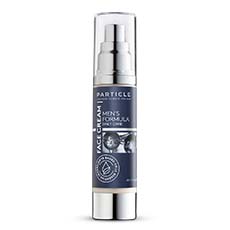
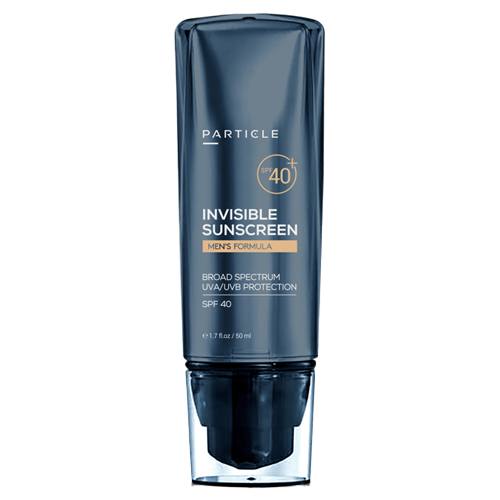

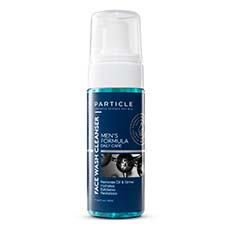
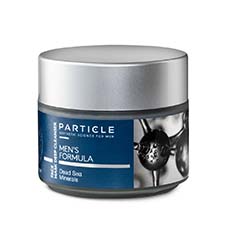
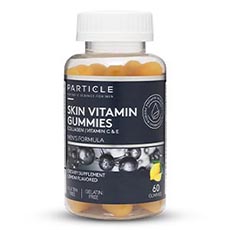
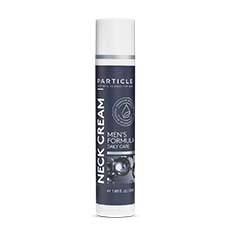
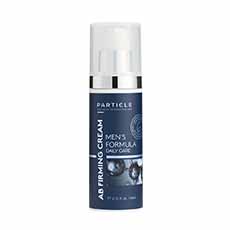
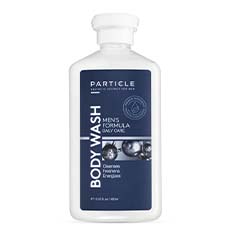
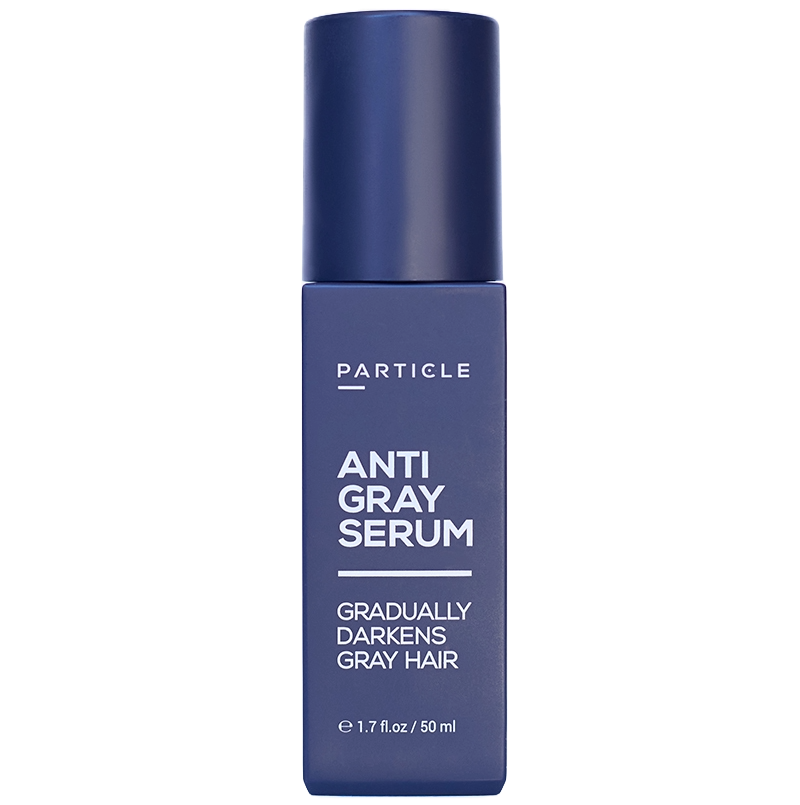
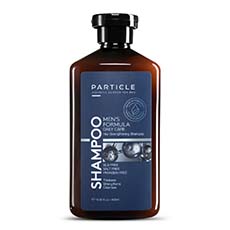
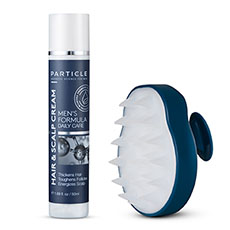
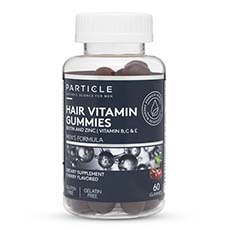
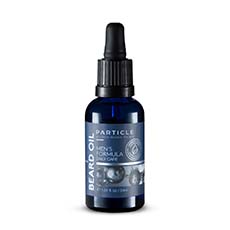

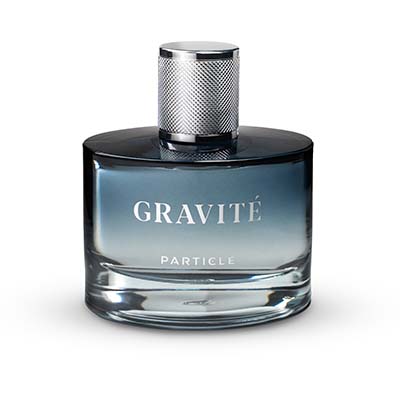

 en
en















